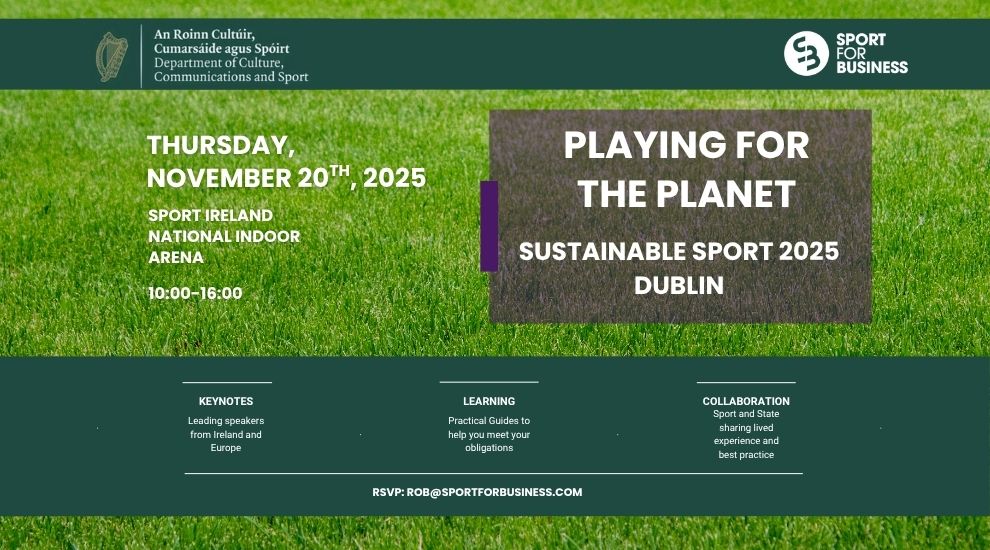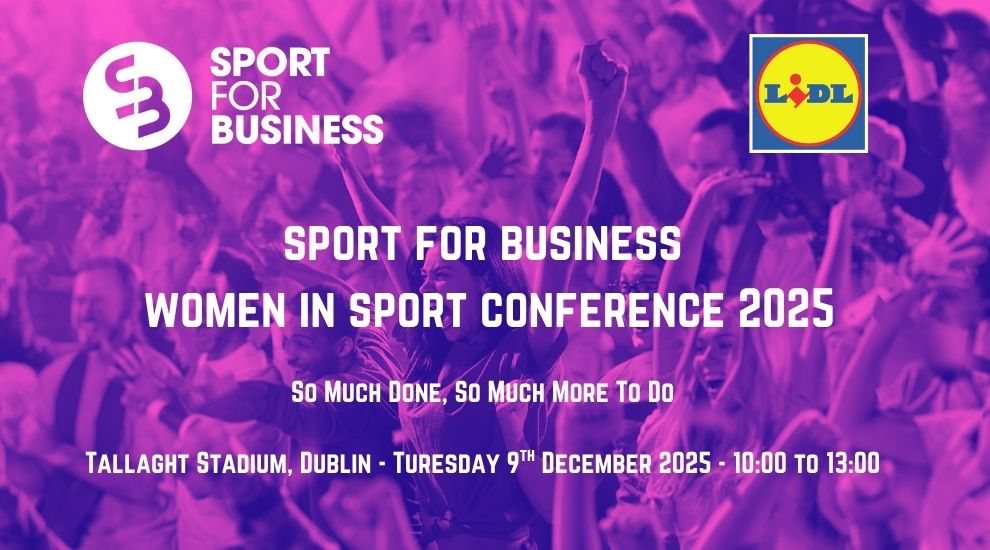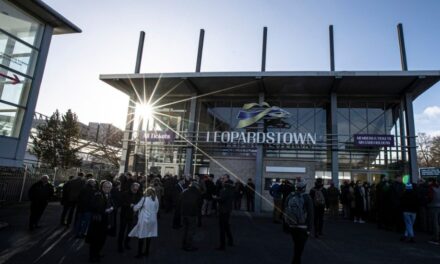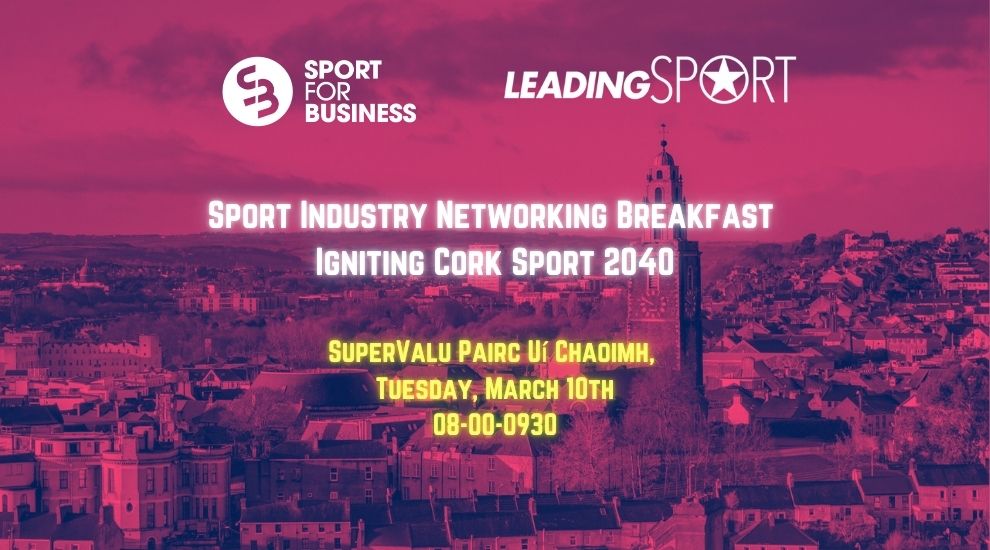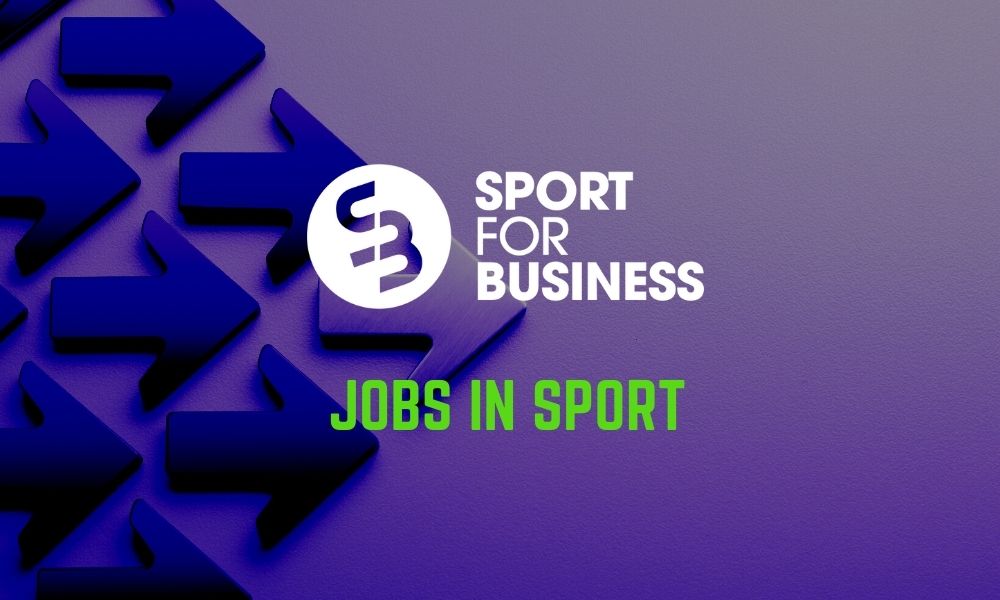Dublin City Councillors have voted to approve a €34.03 million borrowing package that will fund the long-awaited redevelopment of Dalymount Park. Monday’s vote was a landmark moment for Irish football and for the city’s wider approach to community-led sports infrastructure.
The total cost of the project has now risen to €63.7 million, combining local authority finance with Government support through the Large Scale Sport Infrastructure Fund (LSSIF) and contributions from UEFA and Dublin City Council itself.
That is a big number, but the financing is clearly worked out, on the same basis as paying down a mortgage, but with guaranteed revenue from the commercial operations. By comparison, it is only around 20 per cent of the cost being put forward for the completion of Casement Park in Belfast, a fact that some critics might take heed of.
The redevelopment will see Dalymount transformed into a modern 8,034-capacity venue, with a rotated north–south pitch, two seated stands, two terraces, and extensive community facilities including meeting rooms, offices, and multi-use spaces.
For Dublin City Council Chief Executive Richard Shakespeare, the project represents both a civic responsibility and a long-term investment.
“We would hope to be on site this time next year,” said Dublin City Council CEO Richard Shakespeare. “The €63.7 million figure represents a worst-case scenario, but we are confident the project can be delivered within budget.”
“Dalymount Park is central to our vision of integrating sport, community, and urban regeneration.”
The council will now amend the existing planning application to reflect cost-saving design adjustments — such as changes to roof structure and dressing room layout — expected to reduce expenditure by around €3.5 million without compromising scope. Procurement will follow in 2026, with completion targeted for late 2028.
A Decade in the Making
The vote is the latest step in a process that began when Dublin City Council purchased the Phibsborough site from Bohemian FC in 2015.
The initial concept of a shared municipal stadium with Shelbourne FC was later revised, allowing Dalymount to proceed as Bohemians’ standalone home, while Shelbourne decided to redevelop Tolka Park separately.
For the club, the redevelopment represents a brilliant opportunity to change the face of football in the City, but also a significant logistical challenge for the two years they will be out of the ground.
“2026 will be our last year in the old ground and then we have a very difficult few years,” said Daniel Lambert, Chief Operating Officer at Bohemian FC.
“But the long-term impact for the club, for the community, and for Dublin football makes it worthwhile.”
Dalymount has a very special part in Irish football history. I saw World Cup Champions Italy play there after winning the 1982 World Cup, and the memory is still vivid.
The stadium has been in decline since though and with the League of Ireland on the rise, this is something that will be seen as a vital step in years to come.
The Business Case
The financial model will see DCC’s borrowing repaid over 30 years, with annual repayments of approximately €1.8 million, to be offset by stadium rental, events, and commercial income. Naming rights and sponsorship opportunities are also being explored to further strengthen the venue’s financial sustainability.
The project’s design aims to respect Dalymount’s unique place in Irish sporting history while addressing the demands of modern football and community use.
Improved accessibility, local enterprise opportunities, and dedicated community spaces are intended to make the ground a hub for both sport and social activity, much as the club itself has doubled down on in recent years.
A Broader Signal for Irish Sport
The Dalymount decision comes amid a wider discussion about the future of sports infrastructure investment in Ireland.
The LSSIF has confirmed the availability of funding worth €173 million to 35 projects and this is the flagship among them.
It stands out as a model of shared governance combining local authority ownership, club tenancy, and public accountability.
It will demonstrate how strategic investment can deliver both economic and social dividends: urban regeneration, employment during construction, and the creation of a community asset with year-round relevance.
Among supporters, reaction has been predominantly positive, though tinged with nostalgia for the ground’s history, and with concern over where games will be played during a two year construction period covering the 2026 and 2027 seasons.
Looking Ahead
Planning amendments, procurement, and relocation logistics will be part of the planning. The RDS redevelopment will be complete and with a significant time of alignment between the Rugby season in winter and football in the summer that probably makes te most sense. The Aviva Stadium attracted 33,208 fans when Bohs played Shamrock Rovers to open up the 2026 season in February and could be an option for marquee games.
It is exciting and while the headline number looks big in a sporting context it is clearly thought through and manageable. That combination of local authority, club, Government and community has already worked well in delivering Tallaght Stadium which is part of the living context of football and sport in the City. This can be the next chapter of that journey.
Image Credit: Dublin City Council
Further Reading for Sport for Business members:
Read our Sport for Business Coverage of Football
SPORT FOR BUSINESS Upcoming Events
November 20th – Playing for the Planet – A new event focused on Sustainability in Sport with the Department of Culture, Communications and Sport
December 9th – Our 12th Annual Women in Sport Conference in partnership with Lidl.
January – The Sporting Year Ahead 2026 in partnership with Teneo.
Sport for Business Podcasts
MEMBERSHIP AND EVENTS
Bohemians, the FAI, Dublin City Council and the Department of Culture, Communications and Sport, as well as all the leading sporting and business organisations in and around the world of sport, are among the 300+ members of the Sport for Business community.
This includes all of the leading sports and sponsors, as well as commercial and state agencies, individuals interested in our world, and an increasing number from beyond these shores taking a keen interest in Ireland.
Find out more about becoming a member today.
Or sign up for our twice-daily bulletins to get a flavour of the material we cover.
Sign up for our News Bulletins here.


